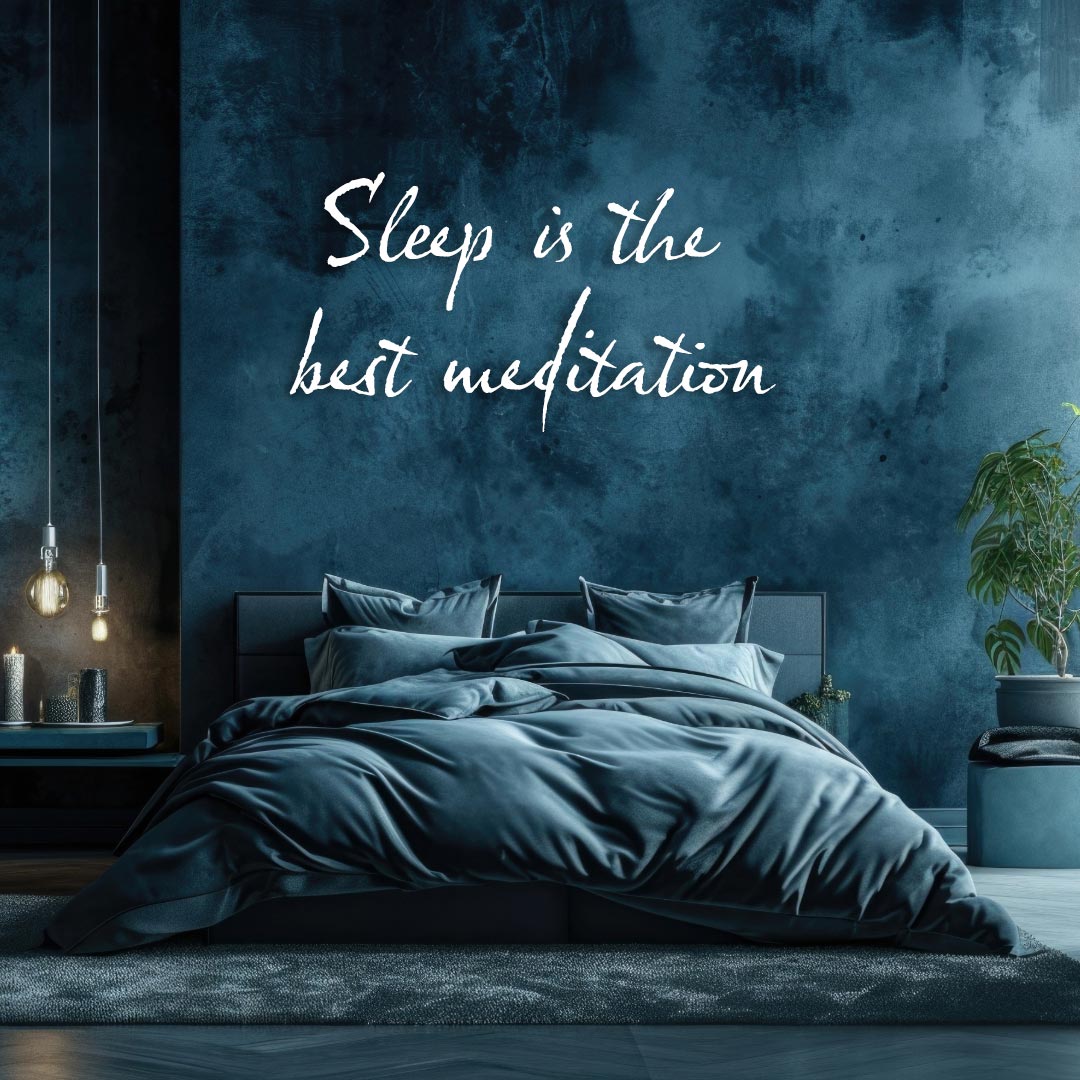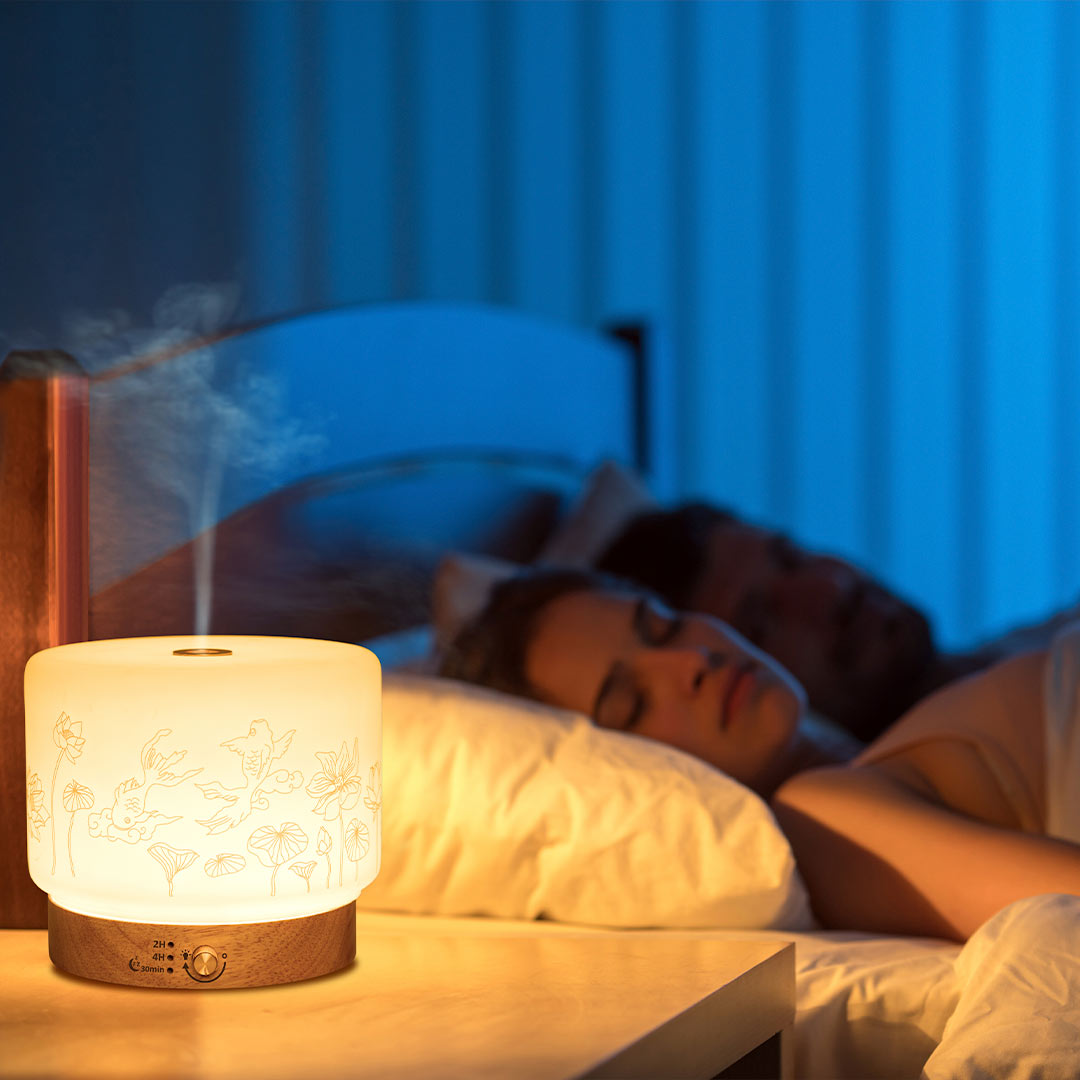Want to Wake Up Rested and Happy During Menopause?
Sleep problems are also common during menopause, as hot flashes, night sweats, and anxiety can interfere with sleep.With Ginevítex® Hormonal Balance tincture made of Vitex agnus castus medicinal plant, you will balance your hormones and get rid of sleep problems.

Get a Good Night's Sleep
As you navigate menopause, prioritize your well-being by embracing the power of restorative sleep. Adequate sleep nurtures your immune system, regulates hormones, and boosts overall resilience. However, sleep disruptions during menopause are common and can negatively impact your health, leading to increased stress, insulin resistance, and a weakened immune system.
View sleep as a gift to yourself, allowing your body to recharge and rejuvenate. Establish a consistent sleep schedule and create a calming bedtime routine to signal to your body that it's time to rest. Incorporate relaxation techniques like deep breathing or meditation to ease anxiety and promote peaceful sleep.
Remember, sleep is not a luxury; it's essential for your overall health. By prioritizing sleep during menopause, you're investing in your well-being, paving the way for a smoother transition and a healthier, more energized you

Why Sleep is So Important
Getting enough sleep is crucial for everyone, but it's especially important for women going through menopause. Here's why:
Sleep reduces hot flashes and night sweats, common menopause symptoms that disrupt sleep. Adequate rest helps regulate body temperature and lessen these disruptions.
Sleep improves mood. Sleep deprivation can worsen mood swings and irritability, also common during menopause. Sufficient sleep can improve mood and reduce these symptoms.
Sleep boosts energy levels. When you're well-rested, you'll have more energy to face the day and handle the challenges of menopause.
Sleep protects memory and cognitive function. It plays a critical role in memory consolidation and cognitive health, essential as you navigate menopause.
Sleep strengthens the immune system. A strong immune system helps protect you from illness, crucial during the significant changes of menopause.
Sleep promotes overall health and well-being. It reduces stress, improves cardiovascular health, and enhances your overall quality of life.
Prioritizing sleep during menopause supports your health, energy, and resilience, helping you navigate this transition smoothly.
Tips for getting enough sleep during menopause

Establish a Regular Sleep Schedule
Go to bed and wake up at the same time each day, even on weekends. This will help to regulate your body's natural sleep-wake cycle.

Create a Relaxing Bedtime Routine
An hour or two before bed, wind down by avoiding stimulating activities like watching TV or working on the computer. Instead, read a book, take a warm bath, or practice relaxation techniques.

Make sure your Bedroom is Dark, Quiet, and Cool
Darkness helps to signal to your body that it's time to sleep. Use blackout curtains or an eye mask to block out light, and earplugs or a white noise machine to block out noise. Keep your bedroom temperature cool, as this can help to promote sleep.

Use an Aroma Diffuser
Diffuse organic essential oils like Lavender, Roman Chamomile, and Neroli before you go to sleep.

Exercise Regularly
Exercise can help to improve sleep quality, but avoid strenuous activity too close to bedtime.

Limit Caffeine & Alcohol Intake
Caffeine and alcohol can interfere with sleep. Avoid caffeine in the afternoon and evening, and limit alcohol intake, especially before bed.






